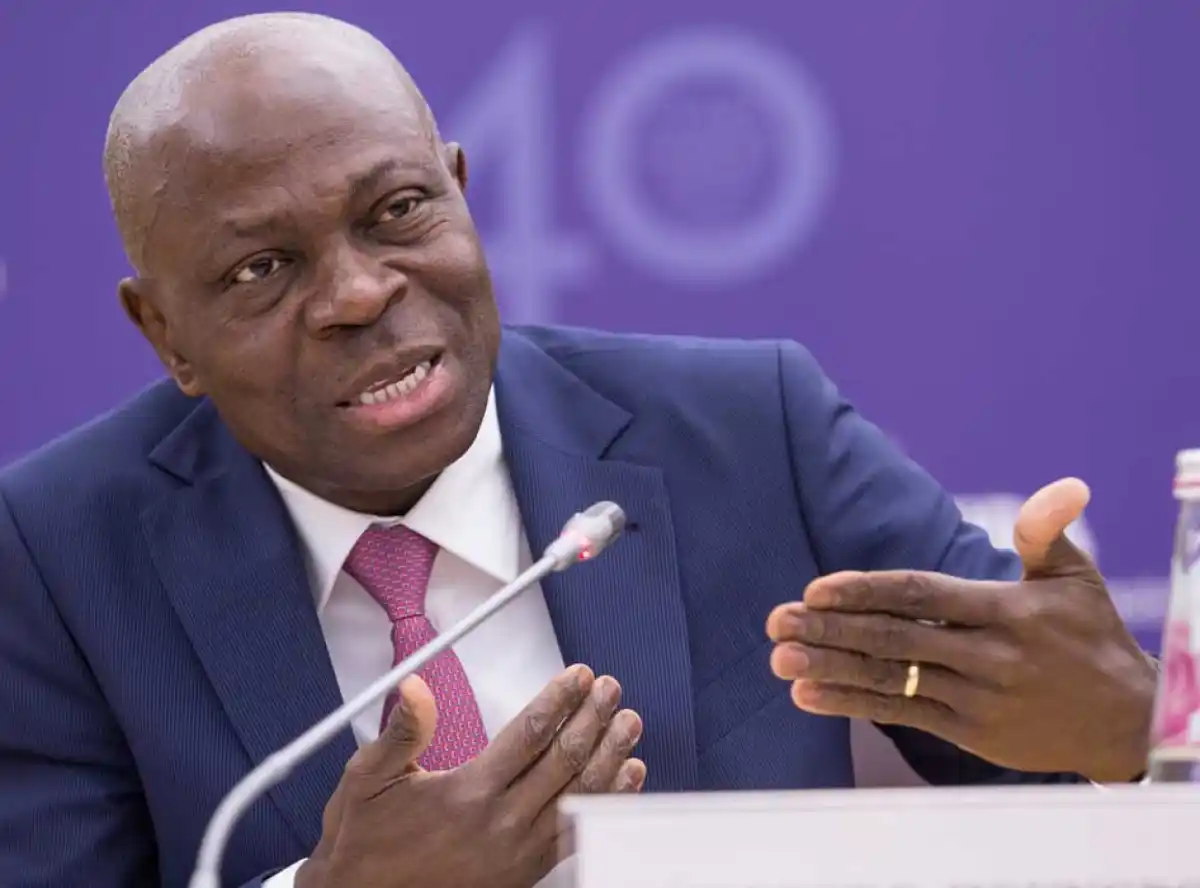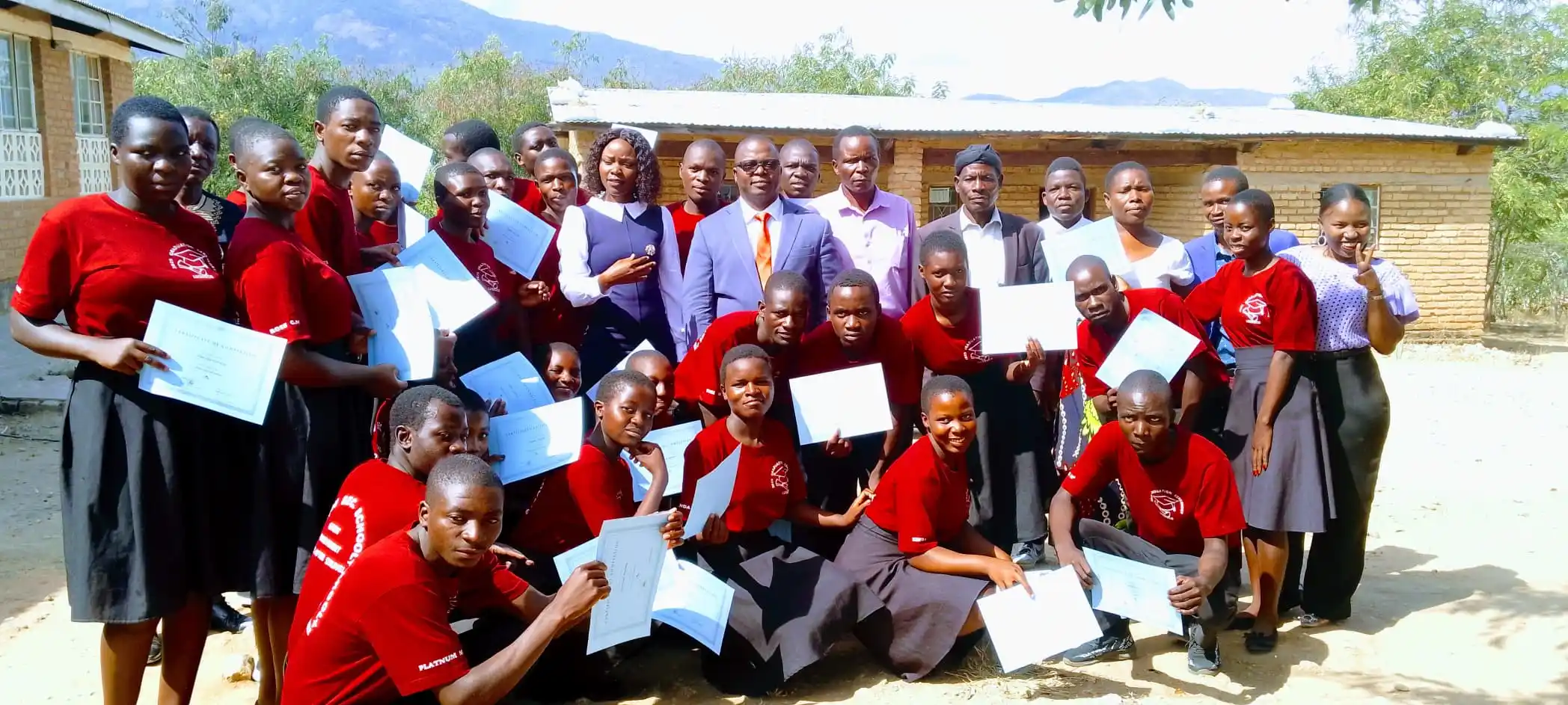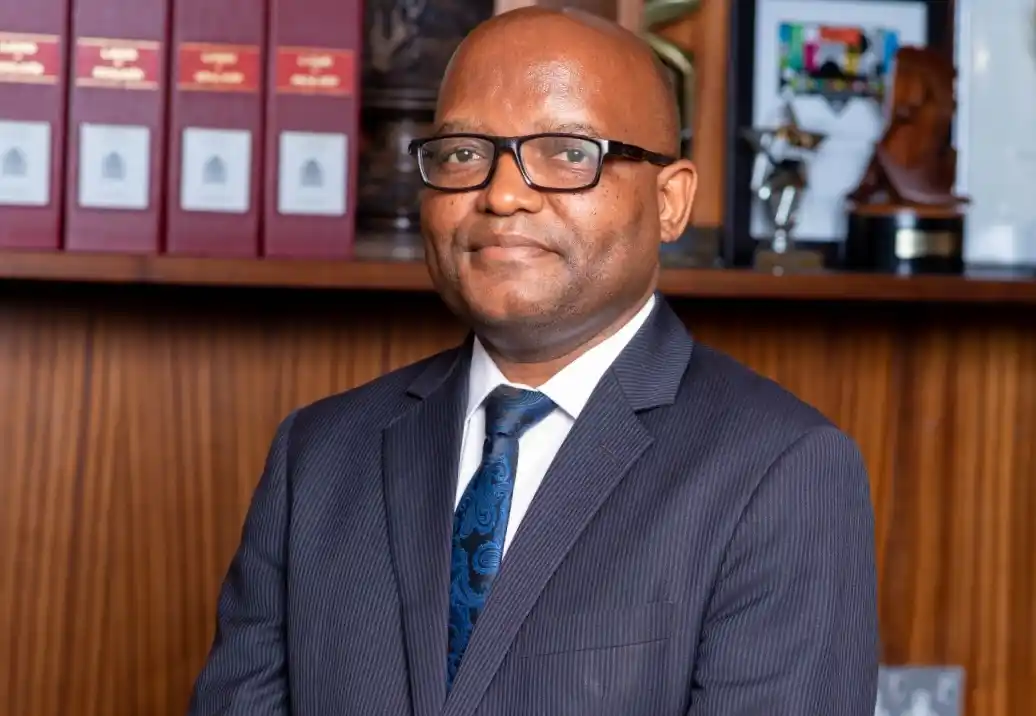

Director-General of the International Labour Organisation (ILO), Gilbert Houngbo, has called for stronger international cooperation to address pressing global labour challenges and advance social justice worldwide.
In statements delivered at the World Bank Group/International Monetary Fund (IMF) Annual Meetings in Washington D.C., Houngbo underlined the need for coordinated action to tackle unemployment, inequality and the impacts of climate change on the world of work.
“The complex challenges facing the global labour market require a united and collaborative approach. International cooperation is not just beneficial; it is essential for creating a more equitable and sustainable future of work,” Houngbo said.
He was addressing the IMF International Monetary and Financial Committee and the joint World Bank-IMF Development Committee.
Houngbo pointed out the Global Coalition for Social Justice, an ILO initiative launched in November 2023, as a key platform for collective action and advocacy for global social justice.
“With over 300 partners, including more than 85 governments and 40 international organisations, the coalition is driving concrete actions to reduce inequalities, alleviate poverty and advance social justice globally,” he said.
According to ILO, the coalition’s ability to bring together a diverse range of stakeholders into a cohesive and transformative partnership is especially significant, “given the systemic inequalities and complex economic challenges facing the world today”.
The United Nations agency’s latest projections indicate that, while the global unemployment rate is expected to be 4.9 percent in 2024 and 2025, the distribution of job gaps is uneven, with women and developing countries in particular facing significant challenges.
“While we see some positive trends in certain economies, labour underutilisation remains pervasive globally. We must focus our collective efforts on creating quality jobs and extending social protection to all workers, particularly in developing countries,” Houngbo said.
He also addressed the “critical need” for increased financing and investment in social protection, education, healthcare and employment policies.
The ILO chief called for a renewed commitment to international development cooperation, emphasising its role in supporting countries under financial stress.
“Official Development Assistance remains crucial, especially for African countries facing significant financing gaps in ensuring universal social protection. We urge developed countries to fulfil their commitments and scale up their assistance,” Houngbo said.
Malawi, like several other developing countries, is grappling with numerous labour-related challenges, including high unemployment rates, gender inequalities and the impacts of climate change.
Various stakeholders have been advocating for coordinated action to create quality jobs and boost local employment.
There is also a strong emphasis on empowering women in the workforce and reducing gender disparities, in addition to improving access to financial support for vulnerable populations.
Activists in the field of quality education are also calling for increased investment in the sector to enhance human capital.








0 Comments